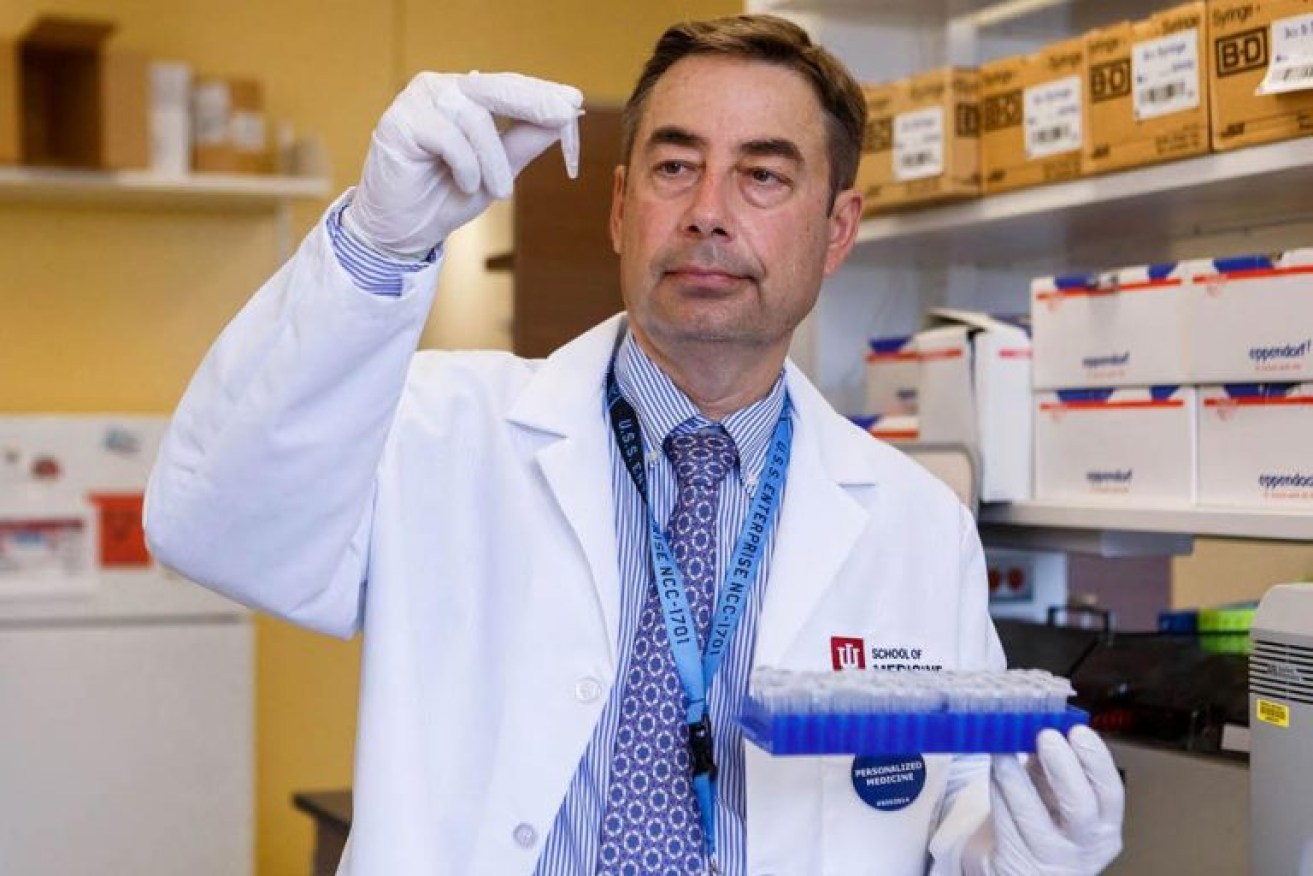Blood test for depression: Researchers developing personalised medicines


Professor Alexander "Bob" Niculescu has worked for decades to develop a blood test for mood disorders. Photo: IU
In 2008, a pioneering professor of molecular psychiatry, Alexander B. Niculescu, predicted that diagnostic blood tests for mood disorders would be “available within about five years”.
Better still, the professor popularly known at the Indiana University School of Medicine as “Bob” was confident he would be the one to bring these tests into the world.
Indeed, he was working “to bring psychiatry from the 19th century into the 21st century”.
Why do we need these blood tests?
Since the beginning of psychiatry, diagnosis of depression and bipolar disorder has largely been based on a doctor’s observations, on them recognising what they have seen in previous cases.
What Professor Niculescu has been chasing all these years is a blood test that not only recognises depression or bipolar, but also finds evidence for the precise, personal treatment each diagnosis requires.
And it looks like the professor is finally delivering.
A new study describes the development of a blood test that can distinguish “how severe a patient’s depression is, the risk of them developing severe depression in the future, and the risk of future bipolar disorder”.
The test, composed of RNA biomarkers, also “informs tailored medication choices for patients”.
And just in time
As a statement from the medical school notes: “Worldwide, one in four people will suffer from a depressive episode in their lifetime.”
The work builds on previous research conducted by Niculescu and his colleagues into blood biomarkers that track suicidality as well as pain, post-traumatic stress disorder, and Alzheimer’s disease.
“We have pioneered the area of precision medicine in psychiatry over the last two decades, particularly over the last 10 years. This study represents a current state-of-the-art outcome of our efforts,” Professor Niculescu said.
So, how did he do it?
The comprehensive study took place over four years and had more than 300 participants, most of them patients at the Richard L. Roudebush VA Medical Centre in Indianapolis.
First, the participants were followed over time, with researchers observing them in high and low mood states – each time recording what changed in terms of the biological markers (biomarkers) in their blood between the two states.
The researchers used large databases developed from all previous studies in the field, to cross-validate and prioritise their findings.
They then validated the top 26 candidate biomarkers in independent cohorts of clinically severe people with depression or mania.
Finally, the biomarkers were tested on other groups of people “to determine how strong they were at predicting who is ill, and who will become ill in the future”.
The researchers were then “able to demonstrate how to match patients with medications – even finding a new potential medication to treat depression”.
Bonus points
The professor’s team made an additional discovery: Mood disorders are underlined by circadian clock genes – the genes that regulate our seasonal and day-night, sleep-wake cycles.
“That explains why some patients get worse with seasonal changes, and the sleep alterations that occur in mood disorders,” said Professor Niculescu.
The discoveries are impressive. But will they make it into the real world?
Indiana University says the research has “opened the door” for these discoveries “to be translated into clinical practice, as well as help with new drug development”.
Let’s wait and see.








